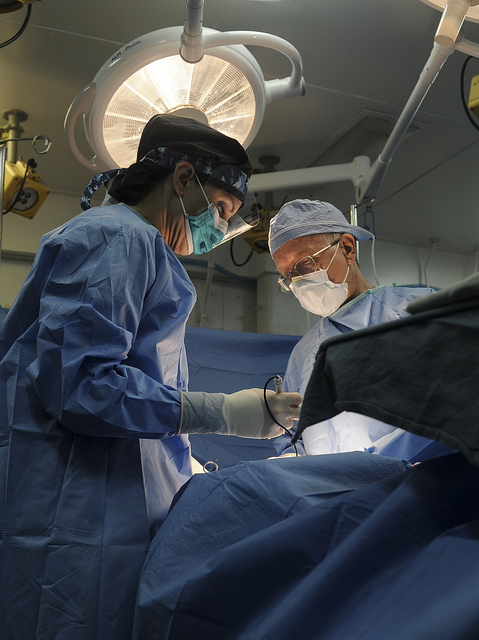A very interesting article titled “Medical Malpractice Litigation Associated With Anesthesia in Oral and Maxillofacial Surgery,” by Ji et al. appears in the Journal of Oral and Maxillofacial Surgery (vol. 76, pp. 1606-1610, 2018). The article attempts to explore malpractice in oral and maxillofacial surgery where anesthesia is involved that does not purely rely on media reports.
In the study the authors used the Thomson Reuters Westlaw Next Database, to identify medical malpractice cases filed from 1985 through 2017. The cases included must have involved an oral and maxillofacial surgeon as a defendant. Furthermore, complications had to be attributable to local, intravenous, or general anesthesia delivered and the cases had to have progressed to trial by jury in a state or federal court. The authors identified an initial list of 112 cases but reduced the sample down to just 13 cases to comply with their inclusion criteria. Eight of the 13 cases involved death and one involved sexual assault. Of the 13 cases that went to state or federal court, six of them reached a settlement prior to the jury verdict. Eight of the cases occurred in an office-based setting, two in a hospital-based setting, and it was ambiguous about the setting of the remaining three cases. In four of the cases the procedures a separate person provided anesthesia than the oral and maxillofacial surgeon. Eight of the 13 cases involved dentoalveolar procedures.
The authors were motivated to perform their study because of the recent scrutiny involving ambulatory surgical centers and outpatient practices for their anesthesia practices. Although to be frank, two articles by Coté et al. as discussed on the dental deaths page that appeared in Pediatrics in 2000, gives pause to the authors use of the words “recent scrutiny”. The authors in the study by Ji et al. understand the limitations of their study and state that future work should include closed claims from insurers because that will include cases that were settled before court.
The authors state:
“Four of 13 cases (30.7%) not using the operator-anesthetist model, with a third-party anesthetist delivering anesthesia, still incurred complications. Having a third-party anesthetist present does not eliminate the risk of anesthesia-related complications.”

Looking at the 13 cases some of them were described as occurring during wisdom teeth removal:
In the third case identified in 1998, a 20 year old male died from laryngospasm after he had general anesthesia in an office based setting from elective wisdom teeth extractions. It is noteworthy that a separate anesthetist was present and the patient’s family was awarded nothing.
In the sixth case identified in 2003, a 19 year old female was sexually assaulted while under intravenous sedation to have wisdom teeth extracted in an office based setting where the oral surgeon administered the sedation. She was awarded $275,000.
In the seventh case identified in 2007, a 24 year old male died from respiratory failure after he had intravenous sedation in an office based setting while undergoing wisdom teeth extractions. The oral surgeon administered the sedation and the family settled the case out of court but the dollar amount is not known.
In the tenth case identified with an unknown year, a 40 year old woman was awarded $2,500,000 and an additional $75,000 in punitive damages after she suffered damage of cranial nerves during wisdom teeth removal. It is noteworthy that the oral surgeon was found to be not negligent and instead the attending anesthesiologist and anesthesiologist intern were found to be 50% negligent each. This case occurred at a hospital under general anesthesia.
For more on death from wisdom teeth removal see http://www.teethremoval.com/death.html. For more on sexual assault occuring during wisdom teeth removal see http://www.teethremoval.com/sexual_assault_under_anesthesia_for_wisdom_teeth_removal.html. For more on dental malpractice from wisdom teeth removal see http://www.teethremoval.com/dental_malpractice.html.
